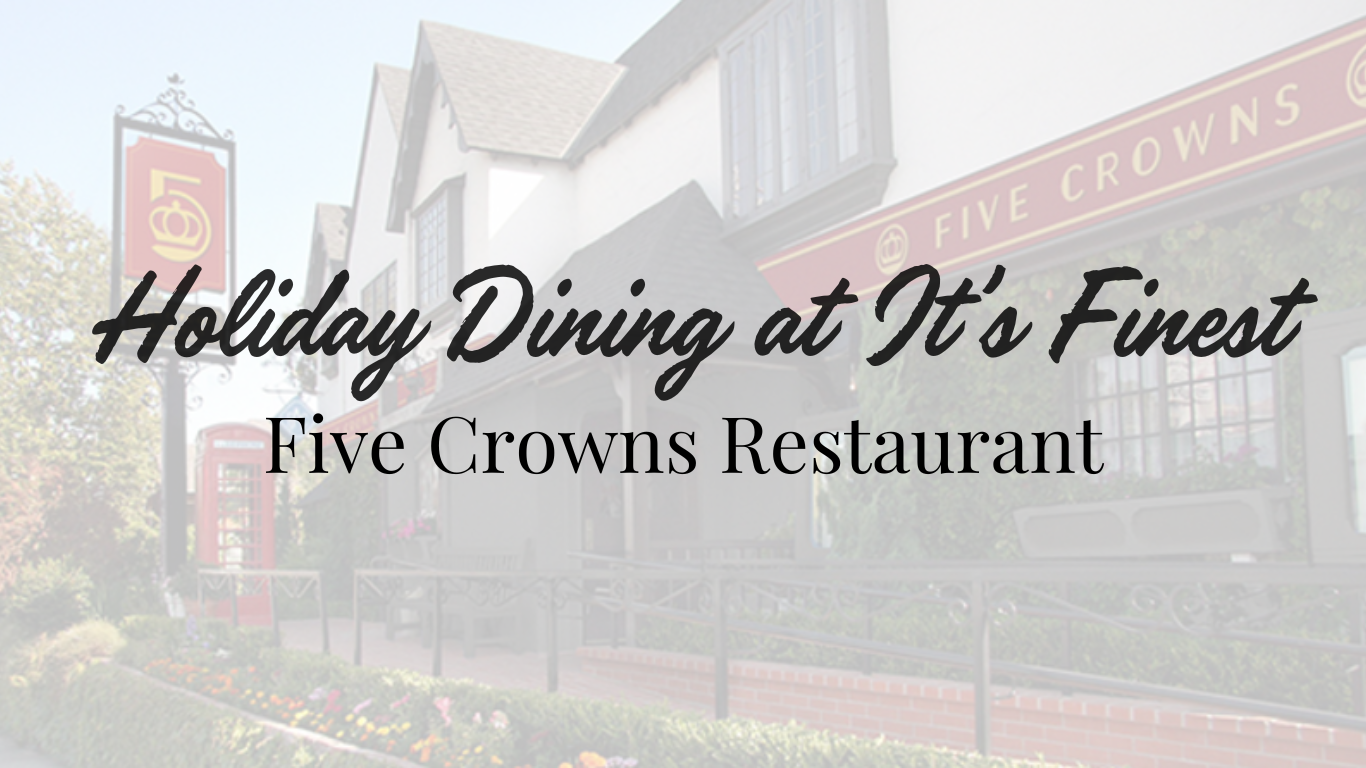Investing in real estate has always been a lucrative venture, attracting both seasoned investors and newcomers alike. When it comes to real estate investing, the classic debate between commercial and residential properties remains at the forefront. Each avenue offers unique opportunities and challenges, making the decision an exciting yet daunting one. In this blog post, we’ll take a closer look at the battle of the titans – Commercial Real Estate (CRE) versus Residential Real Estate (RRE) – and help you decide which avenue aligns best with your financial goals.
1. Risk and Reward: Commercial and residential real estate both come with their share of risks and rewards. Commercial properties often entail higher initial investments, longer lease terms, and larger operating costs. However, they also offer the potential for significant cash flow and appreciation, especially if you secure long-term, creditworthy tenants. On the other hand, residential properties generally have lower entry barriers, shorter lease terms, and relatively lower operating costs. Though the potential for profit might be slightly lower, the residential market tends to be more stable and easier to navigate for novice investors.
2. Hands-On vs. Hands-Off: The level of involvement in your real estate investment can significantly differ between CRE and RRE. Commercial properties typically demand a more hands-off approach, especially for larger investors who may hire property management teams to handle day-to-day operations. In contrast, residential properties often require more hands-on management, particularly for individual investors with smaller portfolios. This might appeal to investors who enjoy being more closely engaged with their tenants and property.
3. Market Cycles and Stability: Understanding market cycles is crucial for successful real estate investing. The CRE market tends to be closely linked to the overall economy, experiencing more significant fluctuations during economic downturns. In contrast, RRE often remains relatively stable during economic fluctuations, as people always need a place to live. However, keep in mind that certain residential areas might be subject to local economic changes, such as shifts in job opportunities or population trends.
4. Diversification: Diversification is the key to a resilient investment portfolio. Commercial and residential real estate can complement each other nicely, allowing you to spread your risk across different markets. As CRE focuses on businesses and RRE caters to individuals, having a mix of both can provide balance, mitigating potential losses from any single sector.
5. Emotional Factors: Investing in residential properties can be emotionally rewarding, especially when you see the positive impact of your investment on someone’s life. Knowing that you’re providing a comfortable home for a family can be deeply satisfying. On the other hand, commercial investing may be more focused on financial gains and less on personal connections. It comes down to personal preference – whether you find joy in helping individuals or prefer the more pragmatic approach of business investments.
Both commercial real estate and residential real estate offer alluring prospects, and the choice between the two depends on your investment objectives, risk tolerance, and personal preferences. Commercial properties offer potentially higher returns, more hands-off management, and a closer link to the overall economy. Residential properties provide stability, emotional rewards, and a more manageable entry point for beginner investors. In the end, diversifying your portfolio with a mix of both types might be the winning formula for a well-rounded real estate investment journey.
Remember, no investment is without risks, and it’s crucial to thoroughly research and seek advice from real estate professionals before diving into any market. If you have any questions or are ready to embark on your real estate investment journey, don’t hesitate to contact us. We’re here to help you make informed decisions and guide you towards a successful and profitable investment experience. Happy investing!





